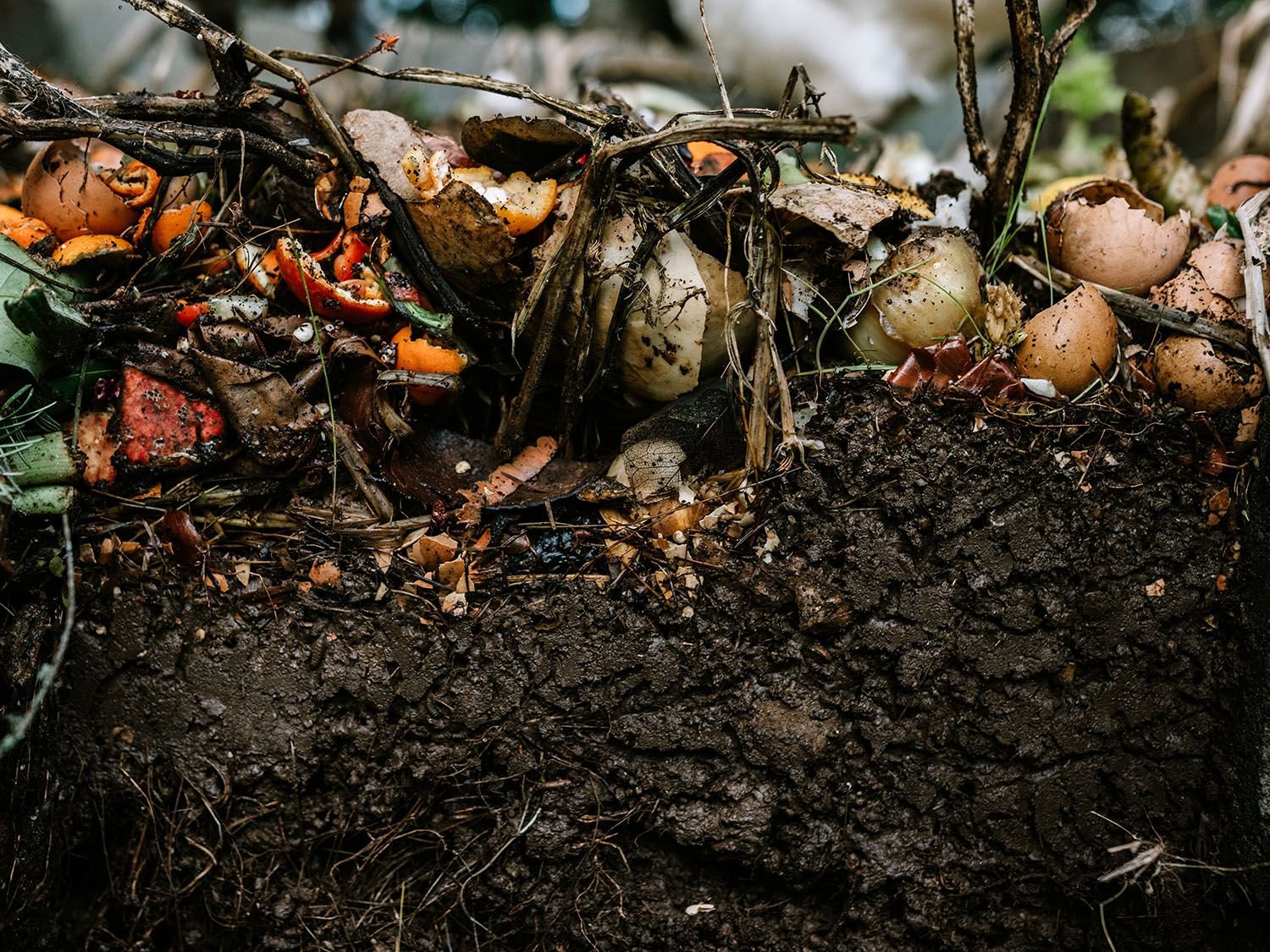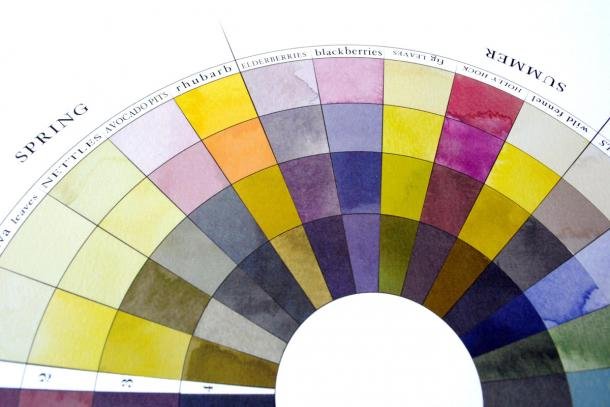
Soil Sisters
An Intersectoral Material Design Framework for Soil Health
“Soil Sisters” aims to investigate a new paradigm for connecting agricultural by-products to large-scale regional material supply chains, in which improving soil nutrition and soil resiliency underpins the design goal of providing cross-sectoral environmental performance through the provision of new biomaterial construction systems.
Funded by: 2021 SOM Foundation Research Prize, Yale School of Architecture, Yale Center for Ecosystems in Architecture
Across global landfill sites, the inability of increasing quantities of material surplus from various sectors to “return to the soil”, has brought into sharp focus the biological incompatibility between today’s overground and underground material systems.
Meanwhile, global crop residues (agricultural by-products left in the field) are estimated at over 5.5 billion tons per year of potentially valuable biomaterial inputs that could support circular material economies for upcycled products, from textiles to packaging, furniture and building materials.
More critically, the rapid loss and degradation of ‘living soil’ cultivated by biological communities at the interface of both systems, represents a growing threat to the fundamental mechanism underpinning the circular renewal of sustainable food resources for the planet.

“Soil Sisters: An Intersectoral Material Design Framework for Soil Health’’ brings together convergent research in integrated material life cycle design and ecosystems design at Yale’s Center for Ecosystems in Architecture (CEA); with circular textile companies, Global Mamas in Ghana and Ecolibri in Guatemala.
By exploring soil restoration practices and their generation of diverse, derivative material practices as a springboard for materials research, this approach represents a proactive rather than reactive approach to soil health.
Across the Soil Sisters research seminars at Yale School of Architecture, we will explore how design research linked with ongoing scientific and engineering research can develop an integrated catalogue of material systems for connecting agricultural waste to larger-scale textile and building material supply chains, in which improving soil nutrition and soil resiliency underpins the design goal of providing cross-sectoral environmental performance.
How can materials be designed according to intersectoral metrics for soil health over time?
Agriculture
Buildings
Textiles
Soil sisters are materials designed to support biocompatible soil practices, composed of chemical constituents that enrich the soil microbiome in a timely manner.
Fungal mycelium material growth. Video credit: Monika Koeck for Hack the Root 2018 by Lokko, M.
In Guatemala, as well as in Native American cultures, ‘three sister’ cropping practices have been studied widely as an effective method of enhancing nutrient-fixation and maintaining nutrient balances in soil. Not only do such soil conservation practices offer strategies for crop resilience in the face of climate change phenomena, but propose material resource programming logics from a quantitative and qualitative perspective.
Conversely, cyclical practices of layered mulching observed in traditional proka agriculture across Ghana, offer important insights for spatializing and timing the degradation of materials at the end of their life cycles and accelerating plant regeneration. Considered together, the project will explore the nurturing and expanding of such multicrop value chains resulting in a class of ‘soil sister’ products - ranging from food, bioadhesives, building materials, building system typologies to textiles products.
Working with textile industrial partners in Ghana and Guatemala, the research departs from indigenous soil practices to develop a material inventory basis for cross-sectoral design.
Harvested Coffee. Photo credit: Dita Zakova
Dr. Kofi Boa at the Center for No-Till Agriculture. Photo credit: Mae-ling Lokko











